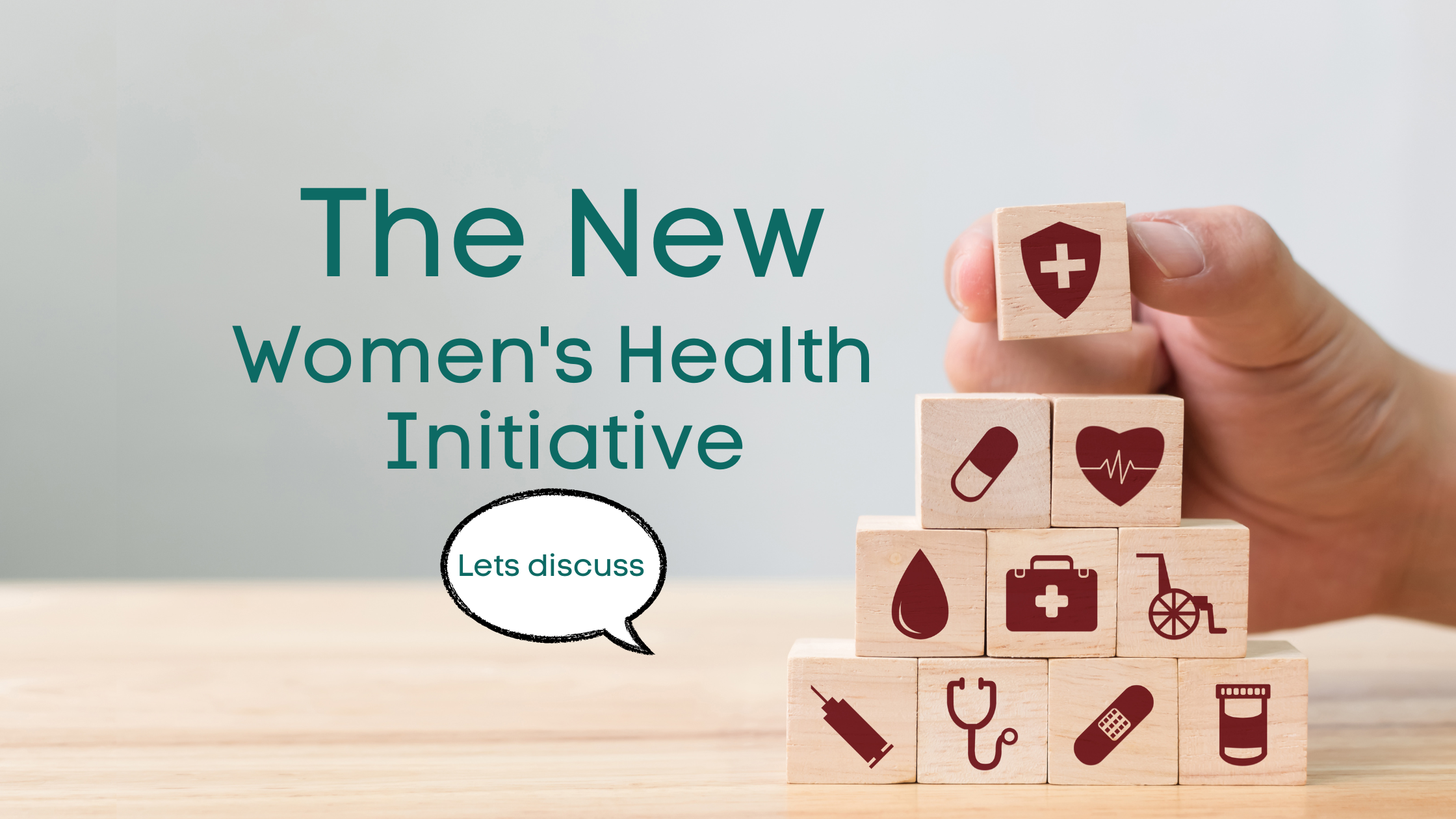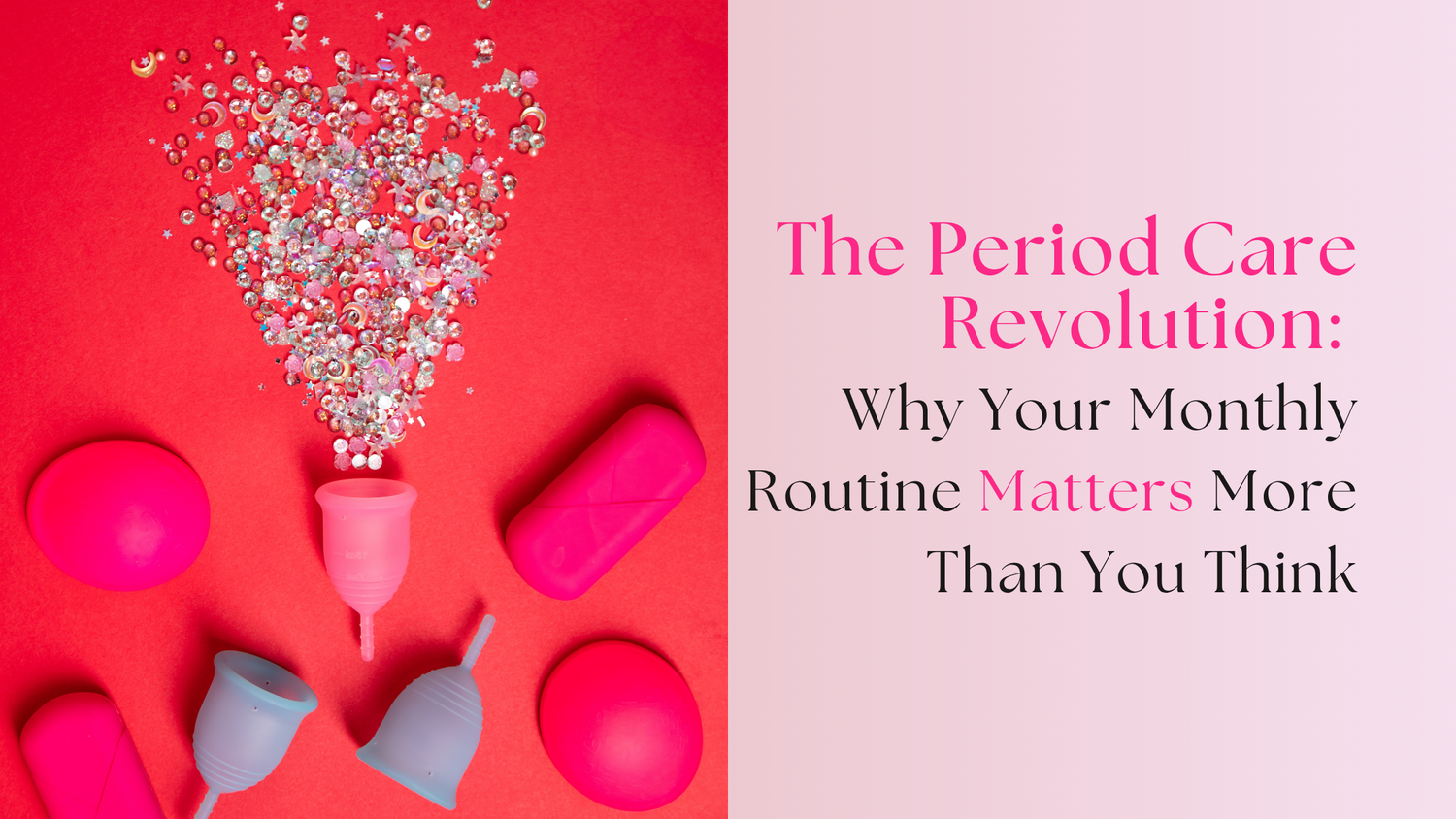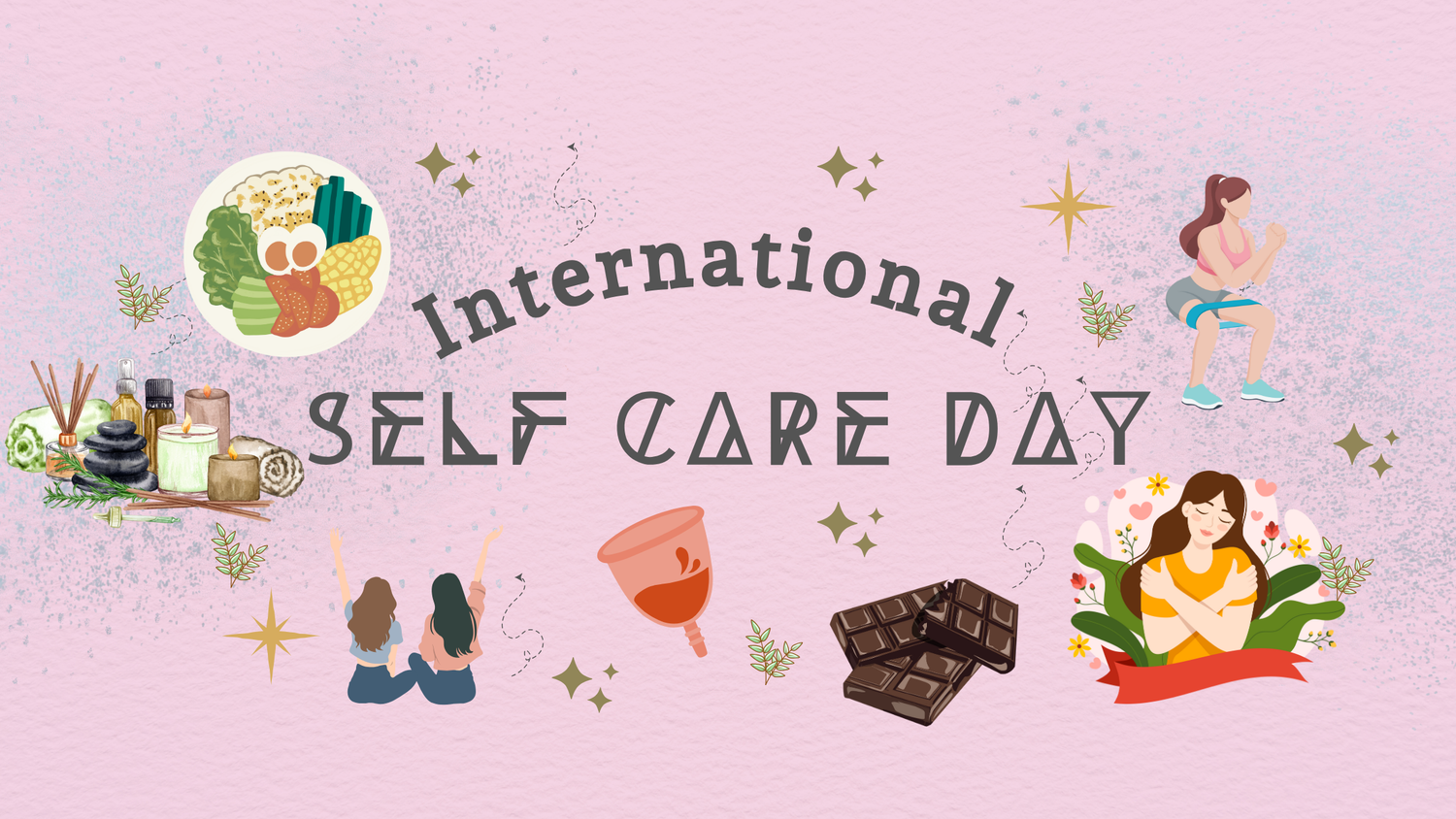Let's have an honest conversation about the Australian Government's latest $573.3 million women's health package.
While the headlines sound promising, there's more to this story that every Australian woman needs to understand.
Beyond the Headlines: What This Really Means for Women's Health
First, let's acknowledge something positive: the government is finally paying attention to women's health. After decades of minimal changes to the Pharmaceutical Benefits Scheme (PBS) - the government program that provides subsidized prescription medications to Australians - we're seeing movement. But as someone deeply invested in women's hormonal health, I need to share some crucial perspectives about what this means for you.
The Reality of Oral Contraceptives on PBS
The inclusion of Yaz® and Yasmin® on the PBS marks the first new oral contraceptive listing in over 30 years. While this means women will pay significantly less for their prescriptions (approximately $30-40 per month instead of $80-120), we need to examine this more closely.
The Dark History of Women's Health Research
Until 2014, early drug trials were primarily conducted on male cells and male mice. Think about that for a moment - most of our medical knowledge has been based on male biology. The gender health gap is so significant that women are 50% more likely to be misdiagnosed following a heart attack, simply because the 'typical' symptoms were based on male presentations.
A 2022 study revealed that many conventional tampons contain harmful chemicals and toxins - substances that can disrupt hormonal balance and potentially cause long-term health issues. Even in 2023, researchers exposed that menstrual products were historically tested using blue liquid instead of real menstrual fluid, leading to potential oversights in product effectiveness and safety.
The development of the Pill presents a particularly troubling chapter in women's health history. When scientists first began developing oral contraceptives, they primarily tested them on male rats and mice, completely overlooking the complexity of female biology. This male-focused research reflected a broader problem: medical research traditionally used male animals as the default test subject, assuming results would apply equally to females, ignoring fundamental differences in female hormonal cycles and metabolism.
The human trials were equally concerning. After minimal animal testing, researchers moved straight to testing on 132 women in Puerto Rico - chosen because testing was considered too controversial for mainland USA. The entire trial lasted just six months with minimal follow-up, and when three women died during the trials, their deaths were never investigated.
If the Pill was submitted for approval today, it wouldn't meet current FDA or TGA safety standards. The original version contained hormone levels seven times higher than what we use today, and women in those initial trials weren't even told they were part of an experimental study. This wasn't just about poor science - it reflected a deeper issue of how women's health concerns were viewed by the medical establishment. Side effects were often dismissed as "women's complaints," and the Pill was approved without any research into its long-term effects on women's bodies.
This historical context makes the current PBS changes particularly significant. While the inclusion of new contraceptives and hormone therapies represents progress, we must approach these developments with informed caution. The same medical establishment that overlooked women's unique biology for decades is now offering new pharmaceutical solutions. This raises important questions about whether we're truly addressing women's health needs or simply continuing a medication-first approach without fully understanding the long-term implications.
Understanding the Risks of Modern Contraceptives
These new PBS-listed contraceptives contain drospirenone, a synthetic progestin that deserves our attention. While these medications are undoubtedly more refined than their historical counterparts, they still carry significant risks. Studies show drospirenone-containing pills may have up to a three-fold higher risk of blood clots compared to older contraceptives, leading to increased risks of deep vein thrombosis, pulmonary embolism, and stroke, particularly in women over 35.
Women who suffer from migraine with aura, have a family history of blood clots, high blood pressure, obesity, or those who smoke, especially over age 35, face particularly high risks. Most concerningly, these medications can mask serious underlying conditions such as Polycystic Ovary Syndrome (PCOS), endometriosis, thyroid disorders, and adrenal dysfunction.
The New Frontier: Menopause Hormone Therapy on PBS
Let's be clear about something: while the government is promoting these new PBS listings as a win for women's health, it's important to understand that numerous MHT (Menopausal Hormone Therapy) options are already available on the PBS. The existing offerings include multiple oral estrogen products (like Premarin®, Estrofem®, and Progynova®), combined hormone products (such as Kliovance® and Kliogest®), and hormone patches (Estradot® and Climara®).
The addition of Prometrium®, Estrogel®, and Estrogel® Pro, while providing some new delivery methods and formulation options, isn't the groundbreaking advancement in closing the gender health gap that it's being portrayed as. Rather, it's simply expanding the existing range of hormone therapy options available to Australian women.
The inclusion of new menopausal hormone therapies (Prometrium®, Estrogel®, and Estrogel® Pro) on the PBS seems promising, but requires similar scrutiny. Women need to consider the long-term effects of synthetic hormone exposure, the importance of proper hormone testing before starting therapy, the need for regular monitoring and adjustment, and the risk of masking underlying health conditions that emerge during perimenopause.
The Medication-First Approach: A Deeper Problem
One of the most concerning aspects of this initiative is its heavy reliance on pharmaceutical solutions. While medications have their place, this approach often obscures the real roots of women's health issues. When a woman presents with irregular periods, the standard response is often to prescribe the pill. However, irregular periods can signal nutritional deficiencies, stress-related hormonal imbalances, thyroid dysfunction, insulin resistance, environmental toxin exposure, and gut health issues.
By immediately jumping to medication, we miss crucial opportunities to identify and address these underlying causes. This can lead to years or even decades of masked symptoms, while the root issue continues to affect other aspects of health.
While these medications may provide relief from symptoms, we must consider:
- The long-term effects of synthetic hormone exposure
- The importance of proper hormone testing before starting therapy or medication
- The need for regular monitoring and adjustment
- The risk of masking underlying health conditions that emerge during perimenopause
The True Cost of "Affordable" Healthcare
When we talk about making healthcare more affordable through PBS listings, we need to look at the complete picture. The initial prescription might be cheaper, but women often find themselves caught in a web of ongoing expenses. Follow-up appointments, blood tests, and monitoring aren't always covered by Medicare or private health insurance. Many women discover they need additional supplements or treatments to manage medication side effects.
The most significant cost often comes from delayed diagnosis and treatment of underlying conditions. When symptoms are masked by medications rather than investigated, women may spend years accumulating health issues that become more expensive and complicated to treat over time. Moreover, the system rarely supports preventive care or natural treatment options. Women seeking holistic healthcare, nutritional support, or alternative therapies often find these life-changing approaches completely out of pocket.
Reclaiming Your Health Journey
As someone who's witnessed countless women struggle with hormonal health issues, I believe we need to approach this initiative with informed optimism. Here's what you can do:
Educate: You are not just a collection of symptoms to be medicated - you are a whole person deserving of comprehensive care. Here's how to take control: Become your own health advocate by listening to your body, keeping a detailed health journal, and tracking your cycle, energy, mood, and sleep. This information is invaluable when working with healthcare providers.
Ask Questions: You have the right to understand every aspect of your health. Before accepting any prescription, request comprehensive hormone panels, ask about specific biomarkers that could indicate underlying conditions, discuss your family history and how it might impact your treatment options, and explore both conventional and alternative treatment paths.
Explore options: Create a network of healthcare providers who respect your right to understand and participate in your healthcare decisions. This might include a GP who listens and investigates, an endocrinologist who specializes in women's hormones, a naturopath or functional medicine practitioner, a women's health physiotherapist, and a nutritionist who understands hormonal health.
Trust your instincts. If something doesn't feel right about your treatment plan, or if you're not getting better, you're not being difficult - you're being wise. Keep searching for answers, keep asking questions, and keep advocating for yourself.
Moving Forward
This healthcare initiative represents progress, but it's just the beginning of the changes we need to see in women's health care. Understanding the historical context of women's health research helps us approach current developments with both hope and healthy skepticism. Your body's wisdom, combined with informed healthcare choices, creates the foundation for genuine healing and lasting health.
Remember: you deserve healthcare that seeks to understand, not just medicate. You deserve providers who listen to your concerns and respect your insights. Most importantly, you deserve to feel vibrant, healthy, and heard.
Stay informed, stay empowered,
Heidi xx





